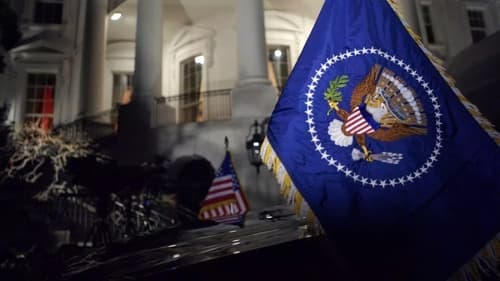
Editor
In the first decades of the 20th century, when life was being transformed by scientific innovations, researchers made a thrilling new claim: they could tell whether someone was lying by using a machine. Popularly known as the “lie detector,” the device transformed police work, seized headlines and was extolled in movies, TV and comics as an infallible crime-fighting tool. Husbands and wives tested each other’s fidelity. Corporations routinely tested employees’ honesty and government workers were tested for loyalty and “morals.” But the promise of the polygraph turned dark, and the lie detector too often became an apparatus of fear and intimidation. Written and directed by Rob Rapley and executive produced by Cameo George, The Lie Detector is a tale of good intentions, twisted morals and unintended consequences.

Editor
A história de Sammy Sosa e Mark McGwire, do Chicago Cubs, e sua competição para quebrar o recorde de Roger Maris para o maior número de home runs em uma temporada.

Editor
The White House is one of America’s most iconic buildings; it is a symbol of shared national history and is home to the most powerful person on Earth. Here, the president charts the course for the country, and the First Family lives in the spotlight. It's a home, an office, and a museum. It's a bunker in times of war, a backdrop for command performances or state visits, and the heart of the American body politic.

Post Production Supervisor
Private McKinley Nolan vanished 40 years ago in Vietnam on the Cambodian frontier. Some say he was captured, some say he was a traitor, some even say he was an American operative. The US Army officially claims he was radicalized and went native, joining the Viet Cong and later encountering the Khmer Rouge. In 2006, retired US Army Lt. Dan Smith, revisiting the battlefields of his youth, may have encountered the elusive McKinley, alive. So began a journey into the heart of darkness.



